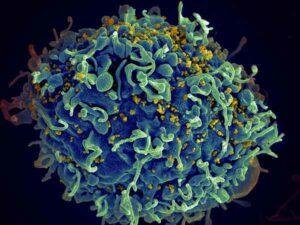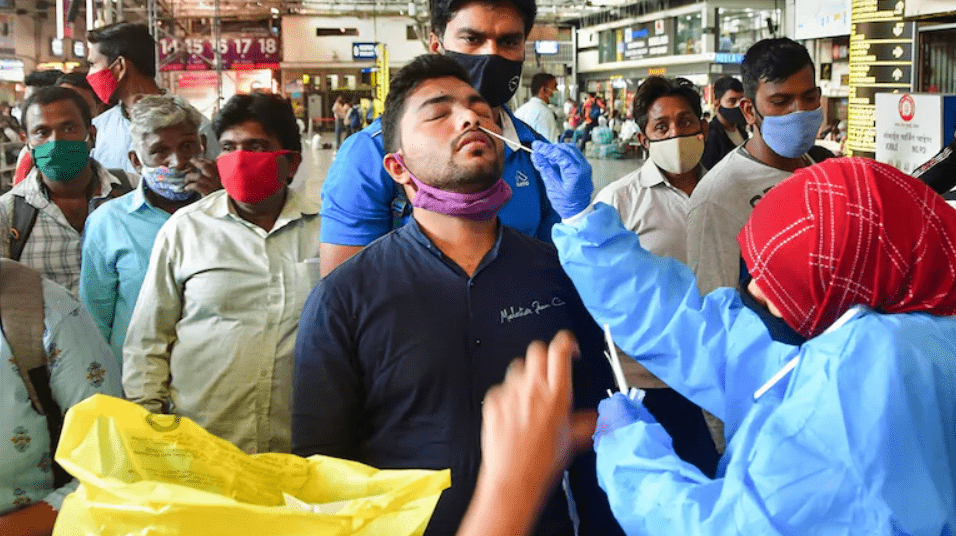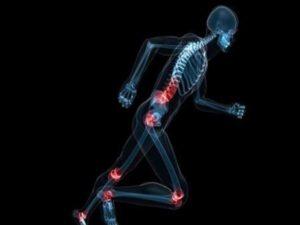According to research, people who received the Covid-19 virus are more likely to develop diabetes and cardiac problems.
A new study raises concerns for people who have been exposed to the SARS-CoV-2 virus, which produces Covid-19, as coronavirus infections decline globally but some nations continue to struggle to control the outbreak. Months after contracting the virus, patients are more likely to develop diabetes and cardiac issues.
Researchers at Kings College London have discovered that the risk was higher in the first three months following SARS-CoV-2 infection and that levels could only recover to baseline for cardiovascular illnesses and diabetes after 23 weeks and seven weeks, respectively. The study suggests that those infected with the virus may be at long-term risk.
According to research in the journal Plos Medicine, the incidence of diabetes increased for at least 12 weeks with Covid-19 before starting to decline. The incidence of cardiovascular disease or diabetes does not seem to rise over time among patients with Covid-19 who do not already have these disorders, according to researchers.

Doctors caring for the millions of people who have already received COVID-19 will find the knowledge offered by this very sizable population-based study on the longer-term effects of COVID-19 on the development of cardiovascular diseases and diabetes to be of great use. It is obvious that extra attention must be paid for at least the first three months following COVID-19, according to Professor Ajay Shah, the BHF Chair of Cardiology and Executive Dean of the Faculty of Life Sciences & Medicine.
Researchers examined 4,28,00 Covid-19 patients’ medical records as well as those of an equal number of controls, who were categorized by age, sex, and family practice. The investigation showed that patients with Covid-19 had 81% more diabetes diagnoses in the first four weeks following infection and that their risk remained elevated by 27% for as long as 12 weeks following infection.
Additionally, the virus caused a six-fold increase in cardiovascular diagnoses, primarily as a result of the emergence of pulmonary blood clots and irregular heartbeat. Five weeks after infection, the risk starts to decrease, and within 12 to 24 weeks, it has returned to baseline levels or lower.
“While Covid-19 patients are most at risk for these outcomes in the first four weeks, the risk of diabetes mellitus stays elevated for at least 12 weeks. Clinical and public health initiatives aimed at lowering the risk of diabetes in people recovering from COVID-19 over the long run may be very beneficial, according to the paper’s principal author, Emma Rezel-Potts.
—END—
Article of 9 Gold Ayurveda & Ninetak






